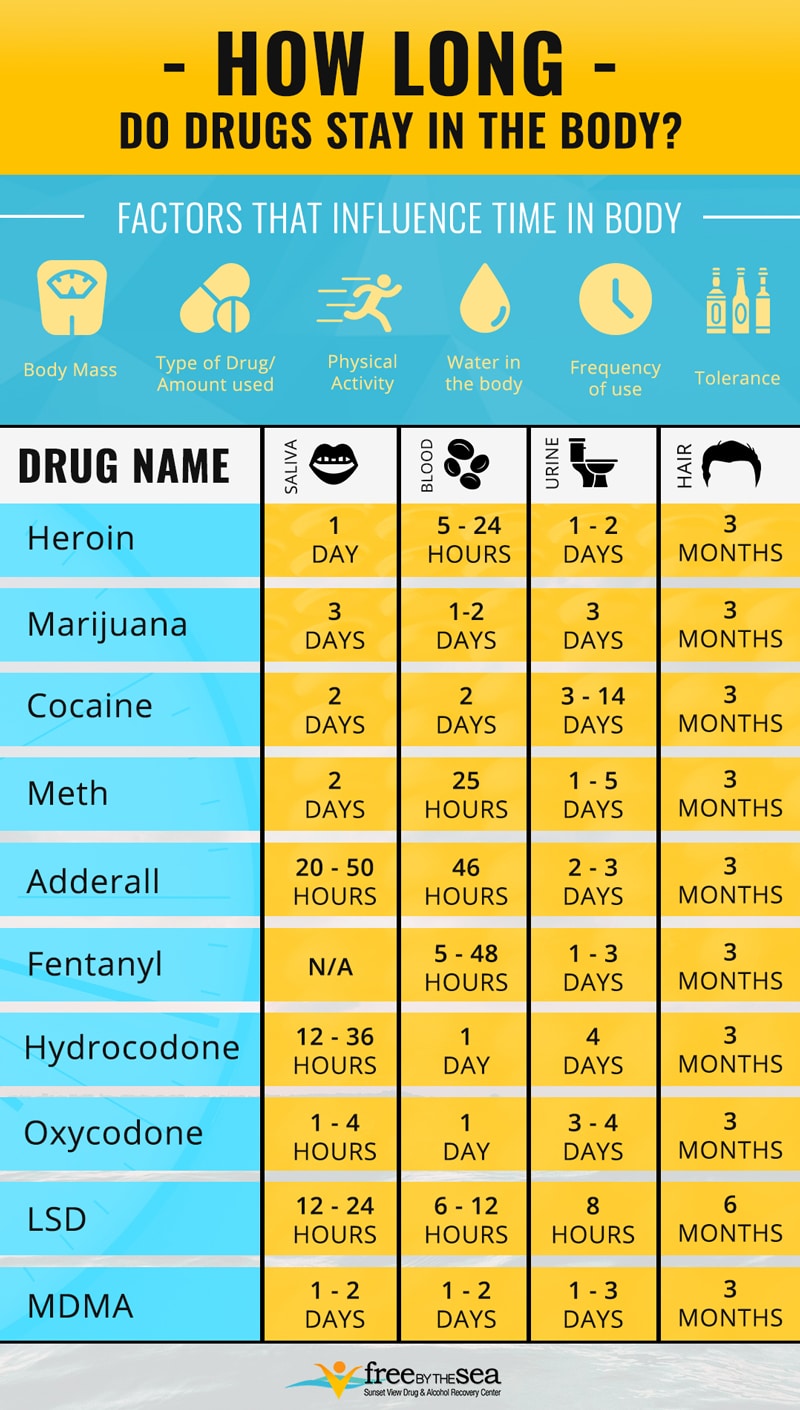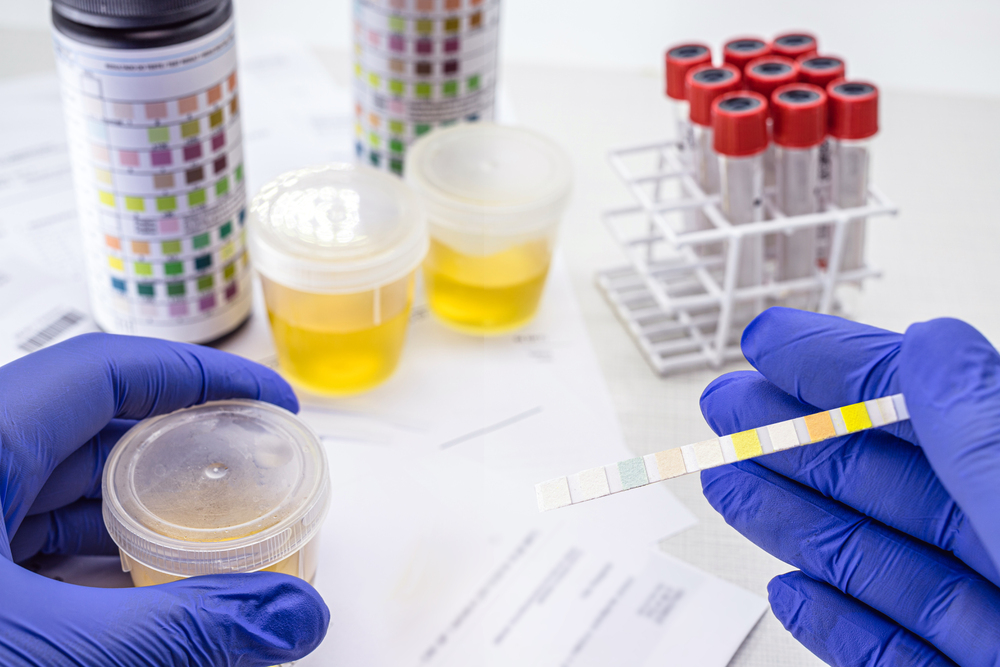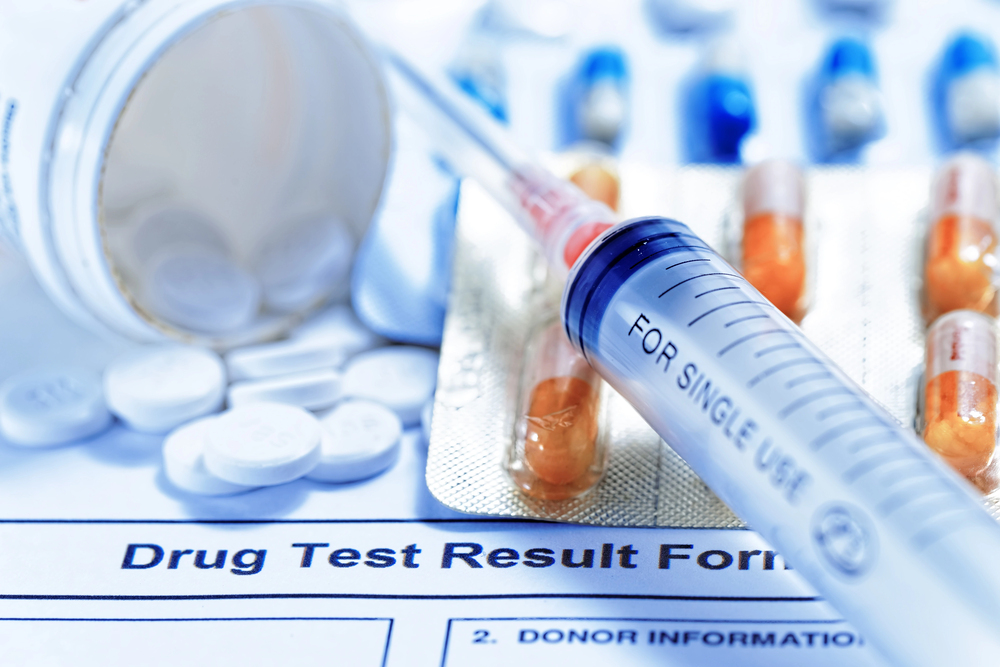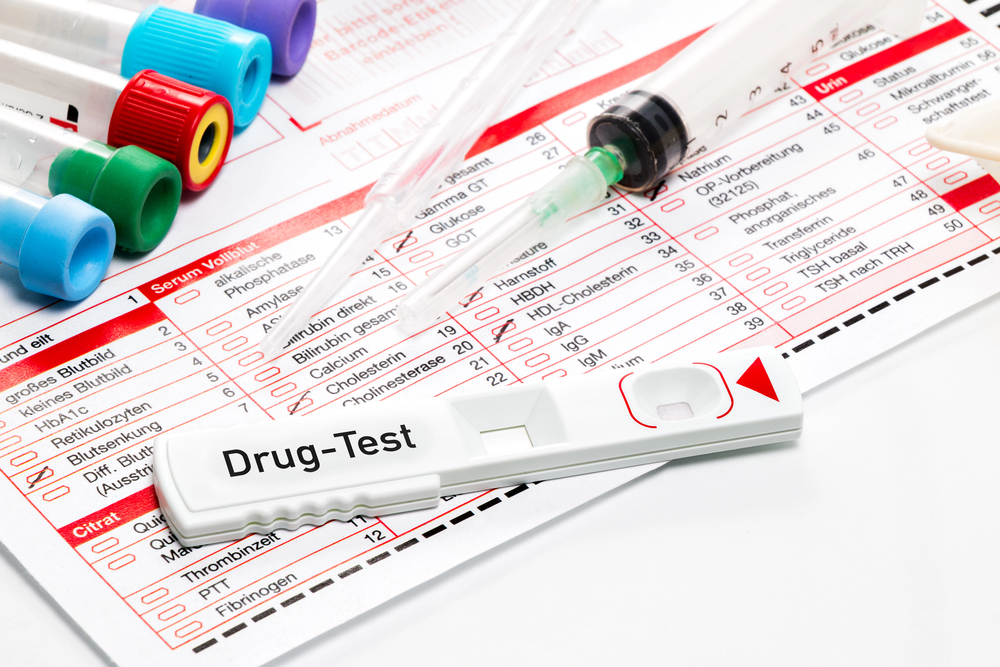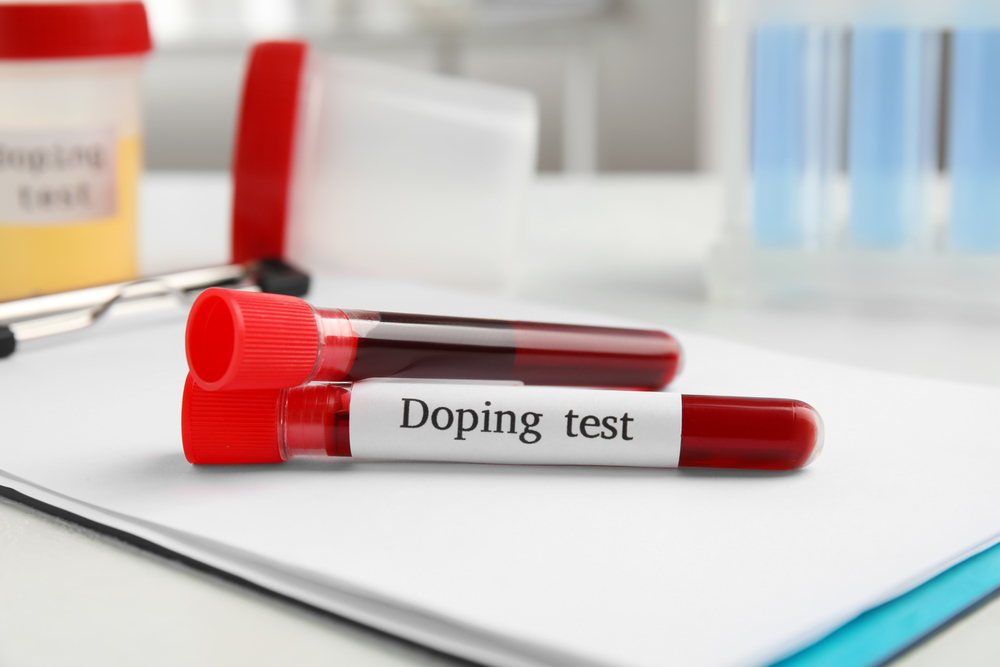If you have to take a drug test for any reason, you might wonder, “How long do drugs stay in your system?” or “How long does it take to pass a drug test?” and maybe “How to pass a drug test?”
You may have stopped using a substance a few days or weeks ago, but will your drug test be clear? The more serious question may be in regards to your long-term goals regarding substance use: are you planning to end substance use completely?
This article explores the different drug detection windows and provides insights into the factors that influence how long various substances stay in your system.
How Long Do Drugs Stay In Your System Chart
People often have to take drug tests for legal or medical reasons. For example, employers may require that you pass a drug test before starting a job. Courts may order a drug test if you’re involved in a custody case.
You might think that once the effects of the drug have worn off, a toxicity screening won’t detect the substance. However, it takes some time for the body to metabolize drugs and eliminate them from your system. Even if you don’t feel high, you might still fail a drug test.
To help you better understand how long drugs stay in your system, we’ve provided a chart that outlines the detection windows for various substances. This chart breaks down how long different types of drugs, such as marijuana, cocaine, opioids, and others, can be detected in your body through different drug testing methods like urine, blood, and hair tests. Use this chart as a quick reference to see how long drugs typically stay in your system based on the method of drug testing.
Factors To Consider If You Want To Pass A Drug Test
Now let us discuss factors that affect how long drugs stay in your system. it is important to note that your metabolism, any existing medical conditions, and history of substance use can affect how long drugs remain in the body. The most significant factors that influence how long drugs stay in your system include:
- Bodyweight and mass
- Physical activity and metabolic rate
- Type and amount of drug consumed
- Amount of water or other drugs in the system
- Frequency of use and dosage
- Tolerance to the substance
Even your sex can affect how long substances remain in your system. Females and males process substances differently due to differences in body weight, length, surface area, cellular water levels, and hormones.
Drugs and Their Half-Lives
Every drug has a specific half-life. The half-life refers to the time it takes for the kidneys and liver to process and eliminate half of the amount of the substance that is in your bloodstream. A drug with a longer half-life will take more time to leave your system.
But different types of drug tests can pick up substances in the system for varying amounts of time. We will address that in each section below.
Types of Drug Tests

- Urine
- Saliva
- Blood
- Hair
Many substances show up in your urine for longer than they do in your blood or saliva. That can tell the person who is analyzing the drug screening a great deal about your usage. If a substance shows up in a saliva test shortly after a workplace accident, it’s more likely that you used the drug shortly before the accident. A hair test taken at the same time can reveal that you used the substance within the past 90 days, which doesn’t help analysts determine whether the drug use was associated with the accident.
How Long Will Drugs Show in a Urine Test?
According to the U.S. Food and Drug Administration, each drug will show up in a urine sample for the following amount of times. Heroin will show in urine for 1-3 days. Cocaine will show in urine for 2-3 days. Marijuana/THC will show in urine for 1-7 days. Meth will show in urine for 2-3 days. Lastly, MDMA will show in urine for 2-4 days.
How Long Do Drugs Stay in Your Saliva?
Drugs will show in saliva for different amounts of time, depending on the drug. Marijuana will show in saliva for 24 hours after the last use. Heroin will show in saliva for a few minutes. Cocaine will show in saliva for up to three days after the last use. Lastly, meth will show in saliva for up to two days.
How Long Will Drugs Show in Blood?
Depending on the drug, drugs will show in blood for different amounts of time. Alcohol will show in the blood for 10-12 hours. Cocaine will show in the blood for up to 1-2 days. Heroin will show in the blood for up to 1-2 days. LSD will show in the blood for up to 2-3 hours.
MDMA will show in the blood for 1-2 days. Meth will show in the blood for 24-72 hours. Lastly, amphetamines will show in the blood for 12 hours.
How Long Will Drugs Show in Hair?
When it comes to how long will drugs show in hair, the answer is 90 days. Typically, hair tests are used for marijuana, opiates, methamphetamine, ecstasy, and cocaine. Hair tests are one of the more noninvasive drug tests and the results are considered more accurate.
How Long Does Heroin Stay In Your System?
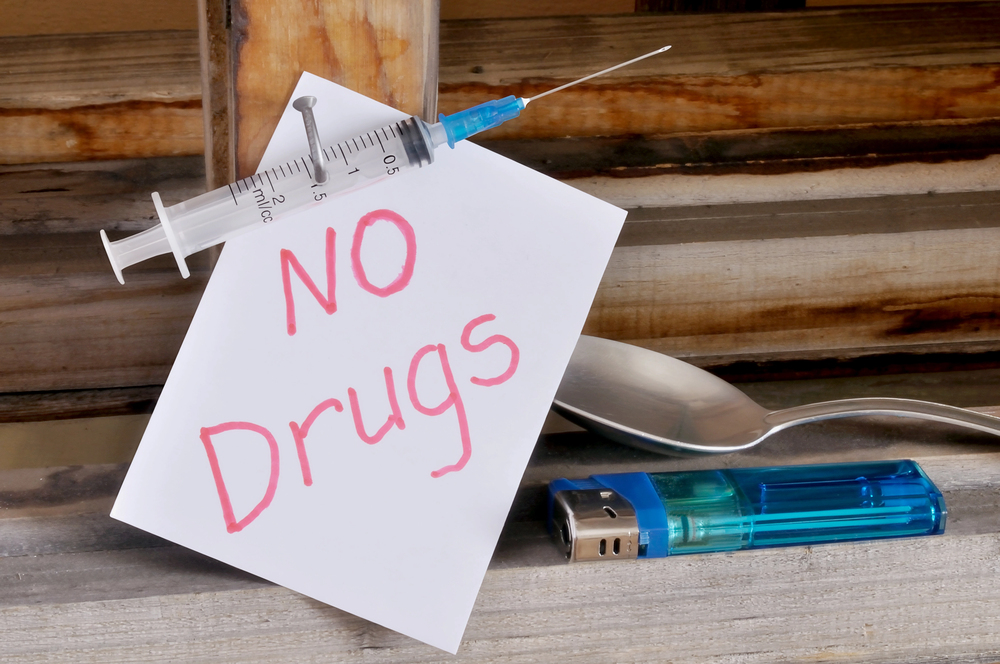
The average half-life of heroin is approximately 30 minutes. This means that within half an hour of taking it, your body will have eliminated 50% of the substance from the bloodstream. Although heroin leaves the system quickly, it creates metabolites that can stick around longer.
The window of detection for heroin in toxicology screenings is as follows:
- Urine – Heroin is detectable for 24 to 48 hours after the last dose, but it metabolizes into morphine, which drug tests can detect for up to three days.
- Blood – 5 to 24 hours, depending on the amount used
- Saliva – Up to 24 hours, depending on administration and dosage
- Hair – Up to 3 months
How Long Does Marijuana Stay In Your System?
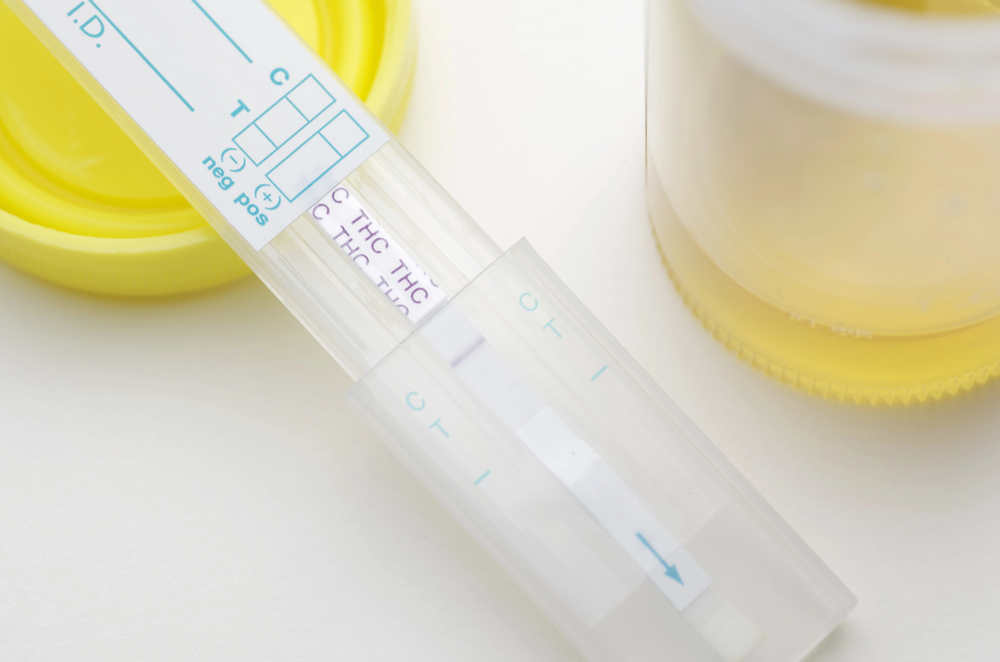
A drug test will screen for THC metabolites in the system. If you’re using a type of cannabis with low or no THC, it shouldn’t show up on a drug test. If you regularly consume marijuana edibles, the drug may stay in your system longer than it would if you smoked it.
The window of detection for marijuana in toxicology screenings is as follows:
- Urine – Up to 3 days for occasional users; more than 30 days for chronic daily users
- Blood – 1 to 2 days for occasional users; up to 25 days for chronic users
- Saliva – Up to 3 days for occasional users; up to 29 days for chronic users
- Hair – Up to 3 months
How Long Does Cocaine Stay In Your System?
Cocaine is a stimulant that elevates your mood, heart rate, and respiration. Its effects come on quickly, depending on the method of consumption. When you snort cocaine, you’ll feel the effects within three to five minutes. Smoking or injecting the drug produces effects within seconds. Benzoylecgonine, a cocaine metabolite, is stored in fatty tissue. Therefore, drug tests may pick it up for a longer period of time in people with higher levels of body fat.
The window of detection for cocaine in toxicology screenings is as follows:
- Urine – Up to 3 days for light users; up to 14 days for heavy users
- Blood – Up to 2 days
- Saliva – Up to 2 days
- Hair – Up to 90 days
How Long Does Meth Stay In Your System?
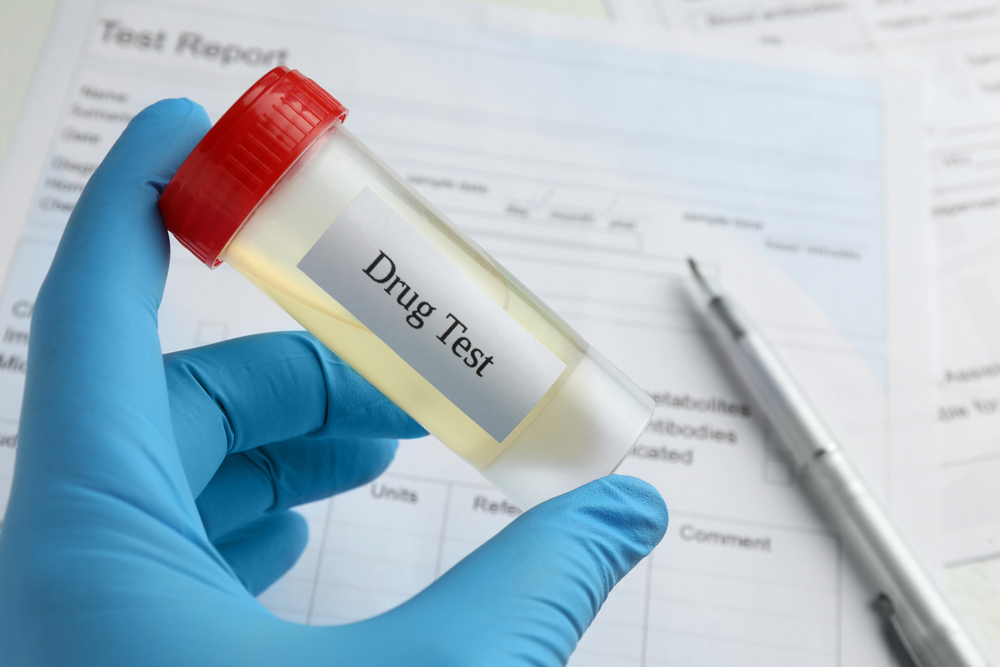
The window of detection for meth in toxicology screenings is as follows:
- Urine – 1 to 5 days
- Blood – Up to 25 hours
- Saliva – Up to 2 days
- Hair – Up to 90 days
How Long Does Adderall Stay In Your System?
Adderall is a prescription medication that can help people with attention-deficit hyperactivity disorder organize their thoughts. The substance can help people who have attention deficit hyperactivity disorder and similar conditions feel calmer and less chaotic. If you don’t have one of these conditions, however, you may get an energetic high from Adderall. Whether or not you have a prescription, you can put yourself in danger by taking too much Adderall or using it without medical supervision.
The window of detection for Adderall in toxicology screenings is as follows:
- Urine – 48 to 72 hours
- Blood – Up to 46 hours
- Saliva – 20 to 50 hours
- Hair – Up to 90 days
How Long Does Fentanyl Stay In Your System
Fentanyl is a synthetic opioid that is up to 100 times more potent than morphine. Because it is so potent, fentanyl can be extremely dangerous. Although the drug is available with a prescription, most cases of harm and deaths associated with fentanyl are associated with illegal versions of the drug. This substance is especially dangerous when you combine it with other drugs.
The window of detection for fentanyl in toxicology screenings is as follows:
- Urine – 1 to 3 days
- Blood – 5 to 48 hours
- Saliva – n/a
- Hair – Up to 90 days
Please note that saliva tests do not consistently pick up fentanyl or its metabolites. Therefore, analysts commonly use urine, blood, and hair tests to detect how long fentanyl stays in your system.
How Long Does Hydrocodone Stay In Your System?
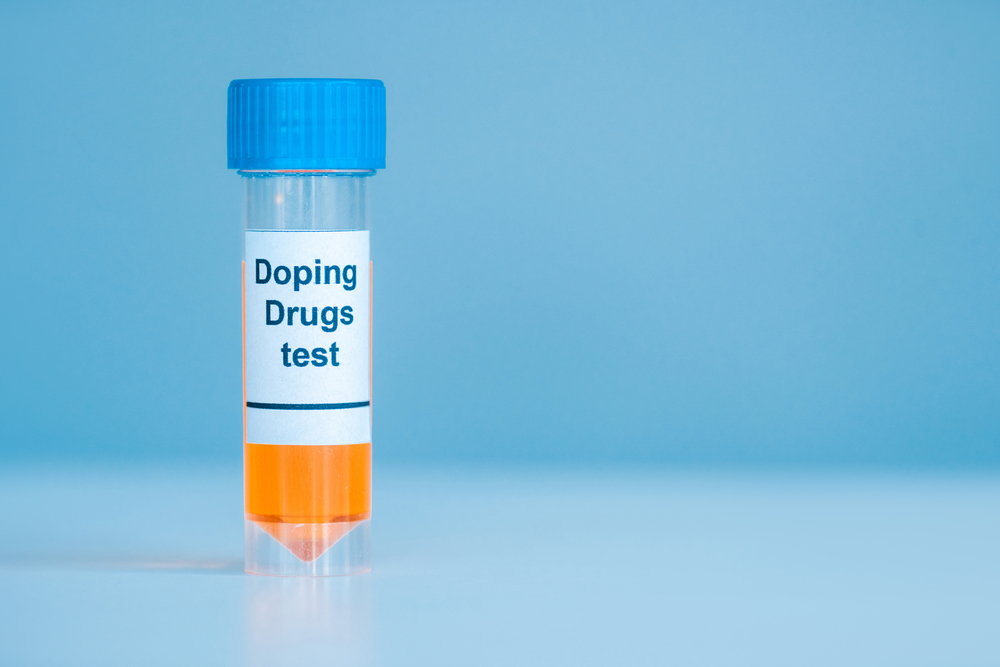
This medication is usually taken orally and can take some time to produce effects. The average half-life of the drug is about 4 hours. If you take the drug for pain, you might stop feeling the therapeutic effects hours before the drug is fully eliminated from the body.
However, the substance can show up in a drug test for the following amounts of time:
- Urine – Up to 4 days
- Blood – Up to 24 hours
- Saliva – 12 to 36 hours
- Hair – Up to 90 days
Codeine, while similar to hydrocodone, has different drug detection times. How long does codeine stay in your system?
- Urine – Up to 48 hours for light users; up to 1 week for chronic users
- Blood – Up to 24 hours
- Saliva – Up to 21 hours
- Hair – Up to 10 weeks
How Long Does Oxycodone Stay In Your System?
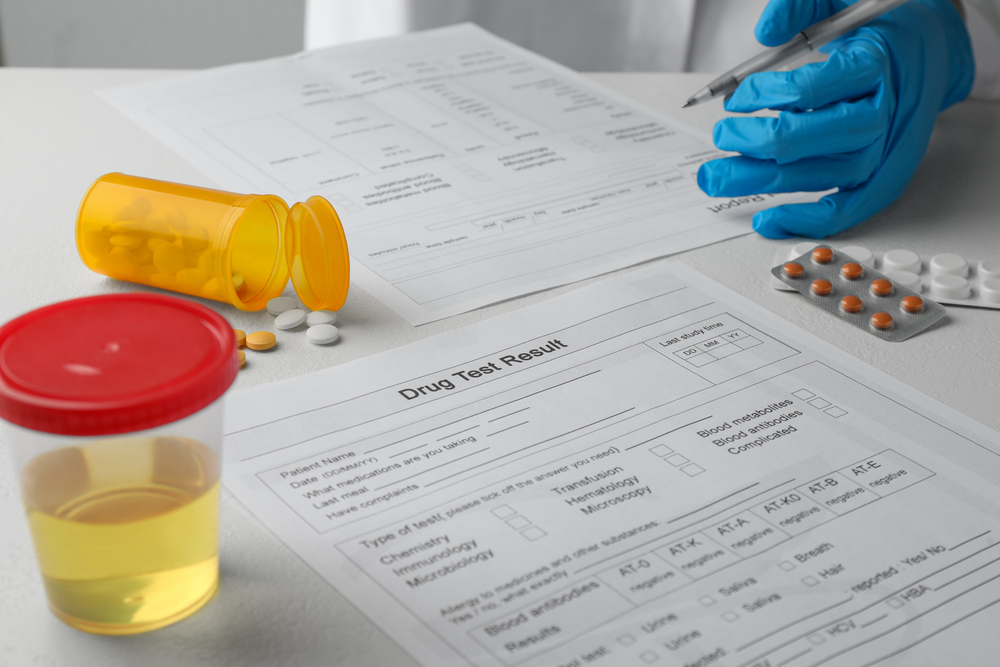
When it’s taken orally, oxycodone takes about an hour to begin producing effects. Some people abuse the drug by snorting or injecting it. Those methods of administration can produce an almost immediate high. The immediate-release version of the drug has a half-life of about 3.2 hours. Extended-release formulas can have a half-life of up to 5.6 hours.
Although the drug should clear the bloodstream within 24 hours, drug tests can detect it as follows:
- Urine – 3 to 4 days
- Blood – Up to 24 hours
- Saliva – 1 to 4 days
- Hair – Up to 90 days
How Long Does LSD Stay In Your System?
Lysergic acid diethylamide is the official name of the drug that most people know as LSD. This drug is usually taken orally. It is absorbed by your mucous membranes, and the psychoactive high kicks in within about 20 to 90 minutes. For most people, the effects of LSD, which may include hallucinations and euphoria, peak within 2 to 3 hours. However, the “trip” can last for up to 15 hours.
The average half-life of LSD is about 5.1 hours. Even after the substance is no longer detectable in your bodily fluids, however, its metabolite can show up in urine tests for up to five days.
This is how long LSD is detectable in drug tests:
- Urine – Up to 8 hours for LSD; up to 5 days for its metabolite
- Blood – 6 to 12 hours
- Saliva – 12 to 24 hours
- Hair – Up to 6 months
How Long Does MDMA Stay In Your System?
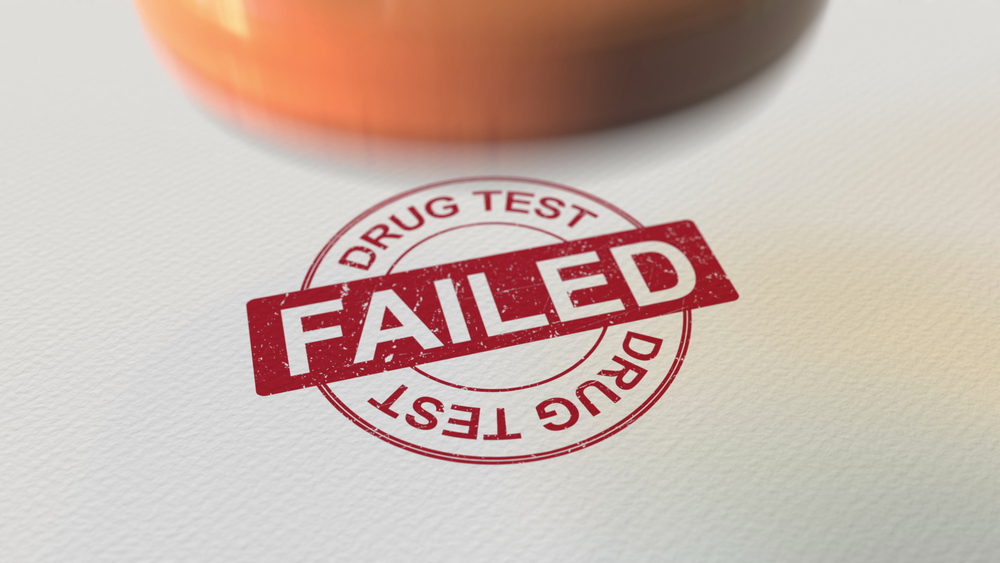
MDMA is detectable in drug tests for the following time ranges:
- Urine – 1 to 3 days
- Blood – 1 to 2 days
- Saliva – 1 to 2 days
- Hair – Up to 90 days
Can You Eliminate Drugs From Your System Faster?
If you’re hoping to pass a drug screening but you’ve used a substance recently, you might wonder if you can do anything to rid the chemical from your body quickly. In general, there is not much you can do to boost your body’s metabolism of a drug. Your liver and kidney function are largely responsible for processing chemicals, and you can’t change the health of your organs quickly enough to make a difference.
The best way to eliminate drugs in your system is to stop taking them. The drug detection times listed above are based on the last dose. As more time passes, the drug is less likely to show up in a toxicity panel.
Let Free By the Sea Help You Today
It can be difficult to quit certain drugs, especially if you are struggling with addiction or facing uncomfortable withdrawal symptoms. We can help you by offering specialized support and professional medical management. We understand that a chemical dependency is tough to break, and we provide customized, well-rounded treatment options to help you get on the road to recovery. If you or a loved one are struggling with substance abuse, contact us to find out how we can help.

Dr. Richard Crabbe joined our team in 2019 as our psychiatrist and medical director. He attended the University of Ghana Medical School where he became a Medical Doctor in 1977. From 1978 through 1984, he was a medical officer in the Ghana Navy and provided a variety of services from general medicine to surgeries. He received his Certificate in General Psychology from the American Board of Psychology and Neurology in 2002.


